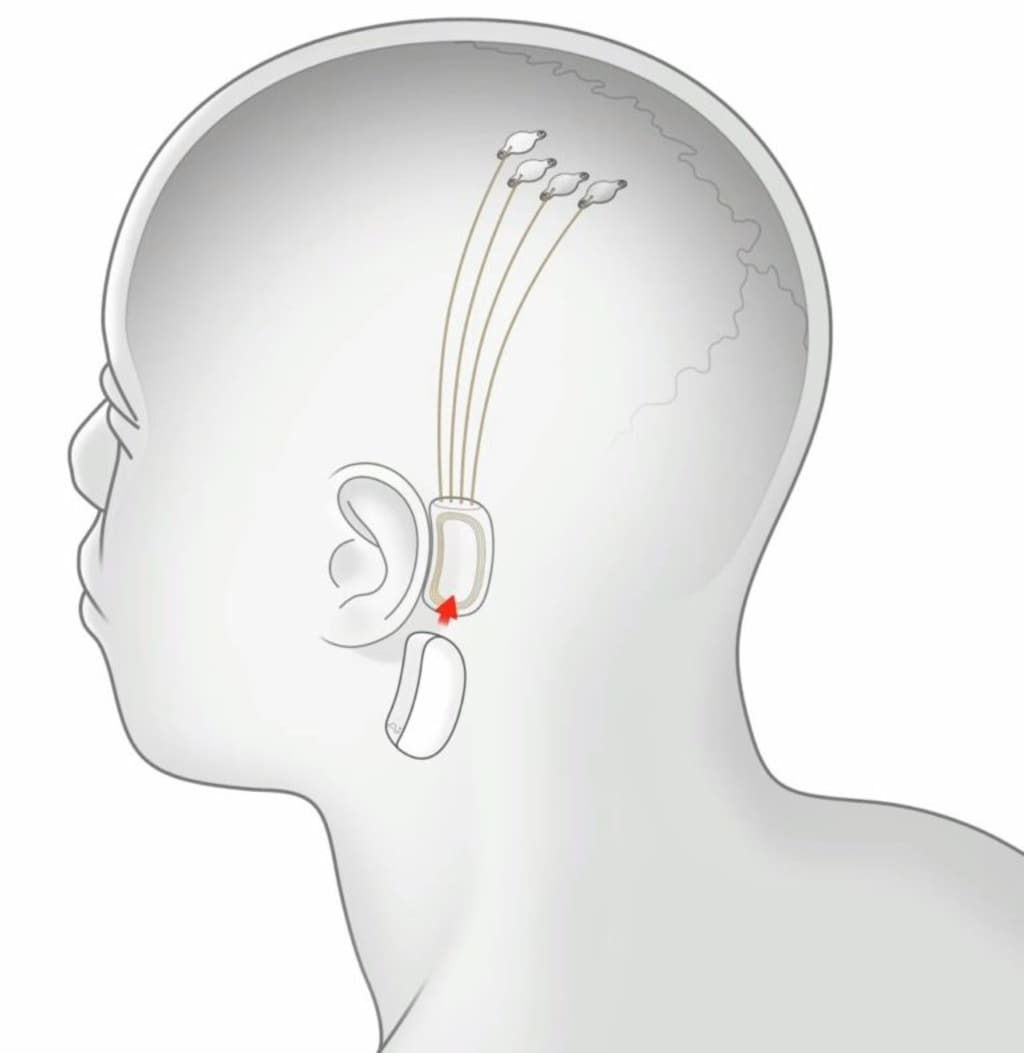
INTRODUCTION:
Neuralink is a company founded by Elon Musk with the goal of developing implantable brain-machine interface (BMI) technology. The idea behind Neuralink is to create a direct communication link between the human brain and computers, allowing for bidirectional information exchange. This technology has the potential to treat neurological disorders, enhance cognitive abilities, and enable humans to interact with devices in new ways. Neuralink's long-term vision includes merging human brains with artificial intelligence. As of my last update in September 2021, the company was in the early stages of research and development, so I recommend checking the latest sources for any updates on their progress.
ELON MISK:
Elon Musk is a prominent entrepreneur, engineer, and inventor known for his work in various technology and energy-related ventures. He co-founded Zip2, an online business directory, and X.com, which later became PayPal. Musk is also the CEO and lead designer of SpaceX, a company focused on space transportation and exploration. He's known for his ambitious goal of making humanity a multiplanetary species.
Additionally, Musk is the CEO of Tesla, Inc., an electric car and clean energy company. He's been an advocate for sustainable energy and has played a significant role in popularizing electric vehicles. He's also involved in other projects like Neuralink, which aims to develop brain-computer interface technology, and The Boring Company,which focuses on tunneling and infrastructure.
Musk's ventures often involve pushing the boundaries of technology and innovation, making him a prominent figure in the tech industry.
BRAIN-COMPUTER INTERFACES (BCIs):
Neuralink was working on developing implantable brain-machine interface (BMI) technology. The company's projects involve creating a direct connection between the brain and computers or external devices. The primary goals of Neuralink's projects include:
• Medical Applications: Neuralink aims to develop technology that can help treat neurological disorders and conditions like Parkinson's disease, epilepsy, and spinal cord injuries. The goal is to enable individuals to regain lost functions or improve their quality of life through direct brain communication with external devices.
• Enhanced Cognitive Abilities: Neuralink is researching ways to augment human cognitive abilities by establishing direct connections between the brain and computers. This could potentially enable faster and more efficient communication or even allow humans to access and process information at a much higher rate.
• Brain-Computer Interface: The core of Neuralink's projects is the development of a brain-computer interface that allows bidirectional communication between the brain and external devices. This could enable individuals to control devices using their thoughts or receive sensory feedback from those devices.
• Future AI-Human Integration: Elon Musk has mentioned the concept of merging human brains with artificial intelligence (AI) in the future. This vision involves creating a symbiotic relationship between humans and AI to enhance cognitive abilities and address potential concerns about the advancement of AI technology.
ANIMAL AND HUMAN TESTING:
Neuralink tests their devices by surgically implanting them in the brains of live monkeys, pigs and other animals.Neuralink's methods have been criticized by groups such as PETA.from 2017 to 2020, Neuralink's experiments on monkeys were conducted in partnership with UC Davis. At the end of their partnership, UC Davis transferred seven monkeys to Neuralink. In 2022, the Physicians Committee for Responsible Medicine (PCRM) alleged that Neuralink and UC Davis had mistreated several monkeys, subjecting them to psychological distress, extreme suffering, and chronic infections due to surgeries.Experiments conducted by Neuralink and UC Davis have involved at least 23 monkeys, and the PCRM believes that 15 of those monkeys died or were euthanized as a result of the experiments. Furthermore, the PCRM alleged that UC Davis withheld photographic and video evidence of the mistreatment.
Neuralink implants might be introduced by injecting them through the jugular vein, and not by opening the cranium (which Neuralink currently requires).In December 2022, it was reported that Neuralink was under federal investigation by the United States Department of Agriculture (USDA) regarding animal welfare violations. Additionally, a report by Reuters cited claims from several Neuralink employees that testing was being rushed due to Musk's demands for fast results, which was leading to needless suffering and deaths among the animals.
Neuralink received FDA approval for human clinical trials in May 2023.The FDA had previously rejected a 2022 application to pursue human clinical trials citing "major safety concerns involving the device’s lithium battery; the potential for the implant’s tiny wires to migrate to other areas of the brain; and questions over whether and how the device can be removed without damaging brain tissue
CONCLUSION:
This technology holds the potential to revolutionize medical treatments for neurological disorders, enhance human cognitive abilities, and even pave the way for future human-AI integration.






Comments
There are no comments for this story
Be the first to respond and start the conversation.